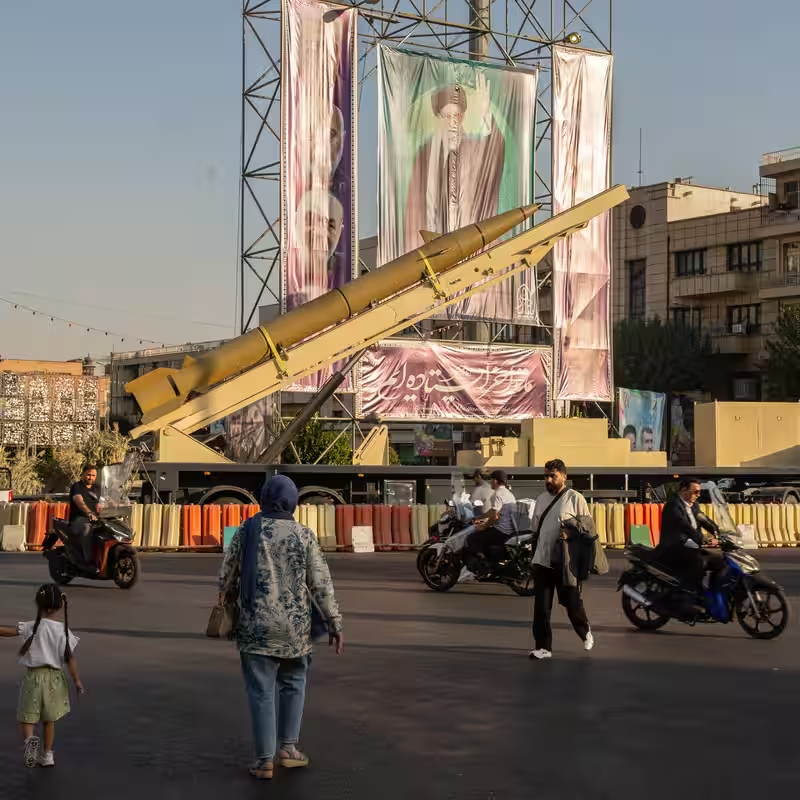Table of Contents
- Iran and Hamas: A Complicated Alliance
- What’s in the New Gaza Ceasefire Deal?
- Tehran’s Muted Reaction: A Strategic Shift?
- What This Means for Middle East Power Dynamics
- Sources
Iran and Hamas: A Complicated Alliance
For decades, Iran has positioned itself as a staunch supporter of Palestinian resistance groups—most notably Hamas. This alliance, rooted in shared opposition to Israel and Western influence, has seen Tehran provide financial, military, and political backing to the Gaza-based movement.
Yet, as the dust settles on a devastating two-year war between Israel and Hamas, signs suggest that Iran’s regional clout may be waning—and with it, its ability to dictate outcomes on the ground.
What’s in the New Gaza Ceasefire Deal?
On October 8, 2025, Hamas and Israel agreed to the first phase of a U.S.-brokered ceasefire plan, reportedly shaped under former President Donald Trump’s peace framework . The deal includes provisions for the release of hostages, a temporary halt to hostilities in Gaza, and humanitarian aid corridors.
Hamas hailed the agreement as a victory, emphasizing U.S. guarantees for its implementation . For Israel, the deal offers a chance to stabilize its southern border after months of intense conflict.
Tehran’s Muted Reaction: A Strategic Shift?
In a notable departure from its usual fiery rhetoric, Iran’s response to the truce was surprisingly restrained. On October 9, 2025, Iranian officials welcomed the ceasefire—but stopped short of claiming credit or issuing threats .
Instead, Tehran urged the international community to “hold Israel accountable” to its commitments under the deal . This calibrated language contrasts sharply with past statements, where Iranian leaders often framed Hamas actions as extensions of their own anti-Israel stance.
Analysts interpret this shift as a sign of diminished influence. With key regional proxies weakened and internal economic pressures mounting, Iran may be recalibrating its foreign policy—prioritizing survival over symbolic defiance.
What This Means for Middle East Power Dynamics
The quiet endorsement of a U.S.-backed truce by Iran—a nation long at odds with Washington—signals a potential realignment in Middle Eastern geopolitics. It suggests that even hardline actors are adapting to a post-war reality where direct confrontation yields diminishing returns.
For ordinary Palestinians in Gaza, the ceasefire offers a fragile hope for relief. For regional powers like Iran, it may mark the beginning of a more pragmatic, less confrontational era—one where influence is measured not by rhetoric, but by results.
Sources
- The New York Times: Iran, a Longtime Hamas Backer, Signals Support for Truce Deal With Israel
- Institute for the Study of War: Iran Update, October 9, 2025
- Al Jazeera: Israel approves Gaza ceasefire deal; Hamas touts US guarantee
- Tehran Times: Iran welcomes Hamas–Israel ceasefire agreement
- Reuters: Iran demands Israel be held to deal commitments




